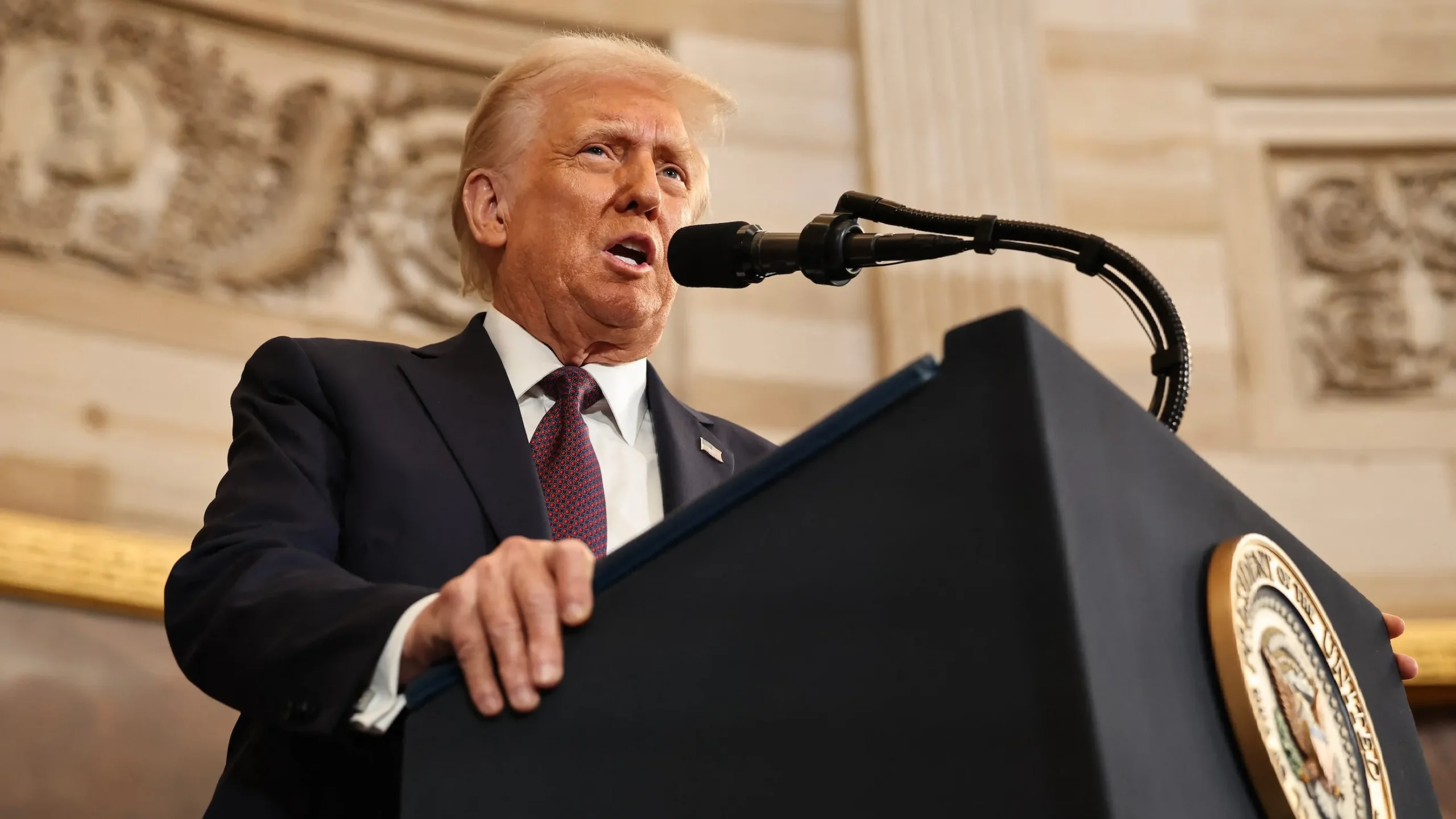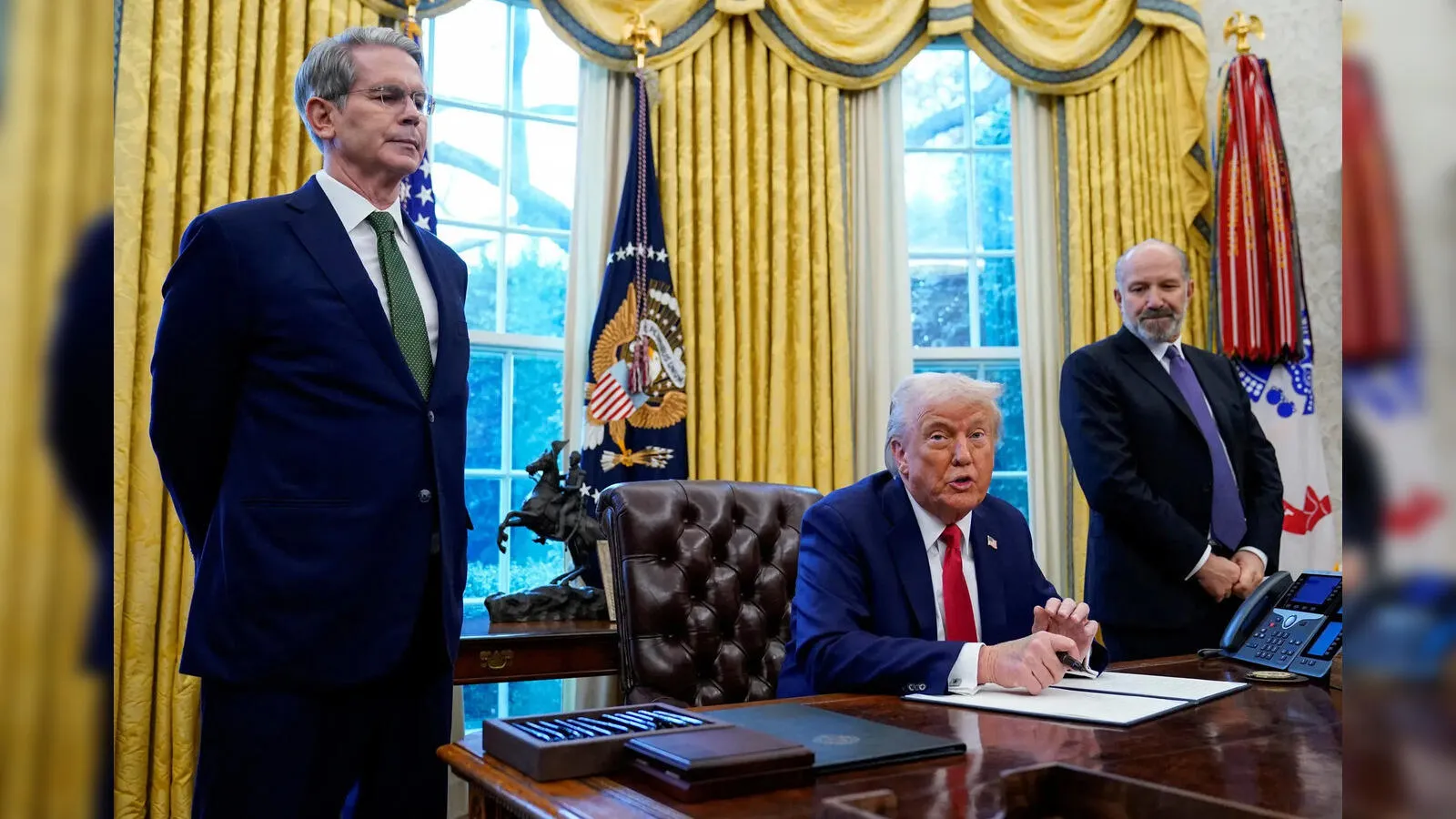
The ongoing ripple effects of the Trump administration’s tariffs continue to shake the tech industry, with companies like Framework now adjusting their sales strategies. In an unexpected move, Framework, known for its modular laptop design, announced it is temporarily halting the sale of some of its most affordable models in the United States. The decision comes after tariffs, which went into effect on April 5th, made it economically unfeasible to sell these laptops at the original price.

Why Framework is Pausing Sales of Affordable Laptops
In a post shared on X (formerly Twitter), Framework confirmed that it is halting sales of certain models, specifically the base Framework Laptop 13 systems powered by Intel Ultra 5 125H and Ryzen 5 7640U processors. The company explained that these models would no longer be available on their website for the time being. While the company didn’t specify how long this pause will last, it highlighted the need to take action to avoid selling these laptops at a loss.
“We priced our laptops when tariffs on imports from Taiwan were 0 percent,” Framework explained in a follow-up post. However, with the imposition of a 10 percent tariff, the company stated it would have to sell these lower-end models at a loss—a situation they hope to avoid.

The Broader Impact of Trump’s Tariffs on the Tech Industry
Framework is far from the only company feeling the heat from the recent tariff hike. Other major players in the tech and automotive industries have also been forced to adjust their strategies. For instance, Nintendo recently delayed U.S. preorders for its highly anticipated Switch 2, citing concerns over the increased tariffs. Meanwhile, Jaguar Land Rover has paused U.S. shipments in April to recalibrate its plans in light of the new duties.
The Industry’s Open Secret: Tariffs Are Impacting Prices Across the Board
The impact of tariffs on global trade isn’t a new story, but Framework’s transparency about the situation is rare. The company acknowledged that many other consumer goods makers are facing similar challenges but haven’t been as forthcoming with their pricing changes.
“Other consumer goods makers have performed the same calculations and taken the same actions, though most have not been open about it,” Framework’s post said. This honesty highlights the often-overlooked reality of international trade policies: they can drastically alter product pricing and availability, affecting both consumers and companies alike.
As the tech industry continues to navigate the post-Trump tariff landscape, it’s clear that companies are being forced to make tough decisions in order to stay competitive. Whether it’s raising prices, pausing sales, or delaying product launches, these tariffs are having a profound effect on the availability and affordability of tech products.
What’s Next for Framework and Its Customers?
As Framework looks to navigate this challenging landscape, the company has committed to continuing its innovation in the laptop market, ensuring that customers still have access to its customizable, repairable products. However, the uncertainty surrounding tariffs may mean that other product lines could face similar challenges in the near future. For now, buyers hoping to snag one of the more affordable Framework models will need to wait until the company finds a way to work around the current tariff situation.

A Tech Industry in Transition
The changes within the tech industry are indicative of a larger shift, with businesses needing to adapt to the evolving political and economic climate. Whether it’s through price adjustments or changes in product availability, companies like Framework are learning to navigate these challenges while trying to maintain the consumer-friendly ethos that has made them successful.
For now, it remains to be seen how long this pause on sales will last, but Framework’s decision to halt some of its lower-priced laptop models serves as a stark reminder of the ongoing influence of tariffs on the tech market.
